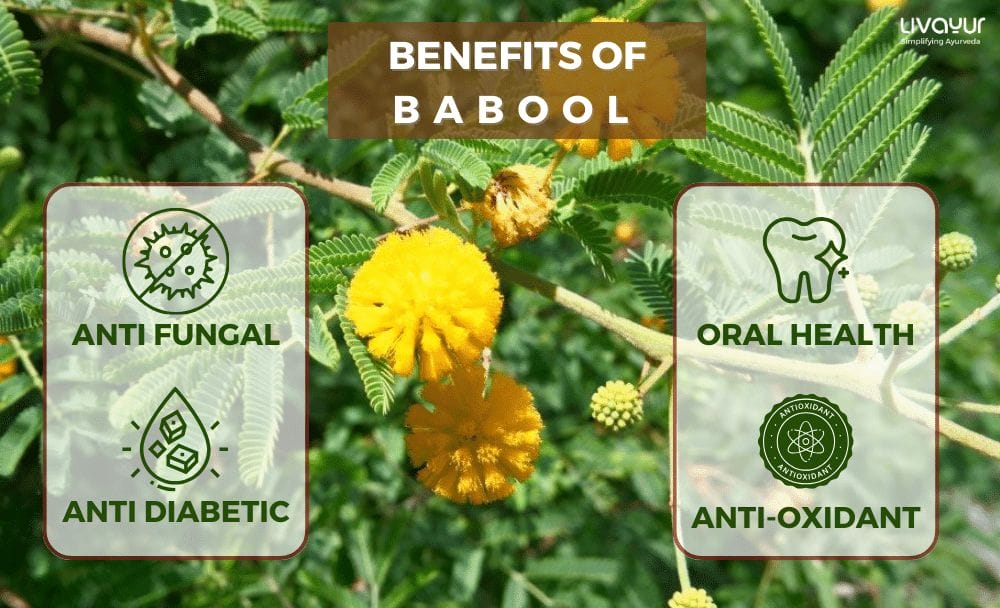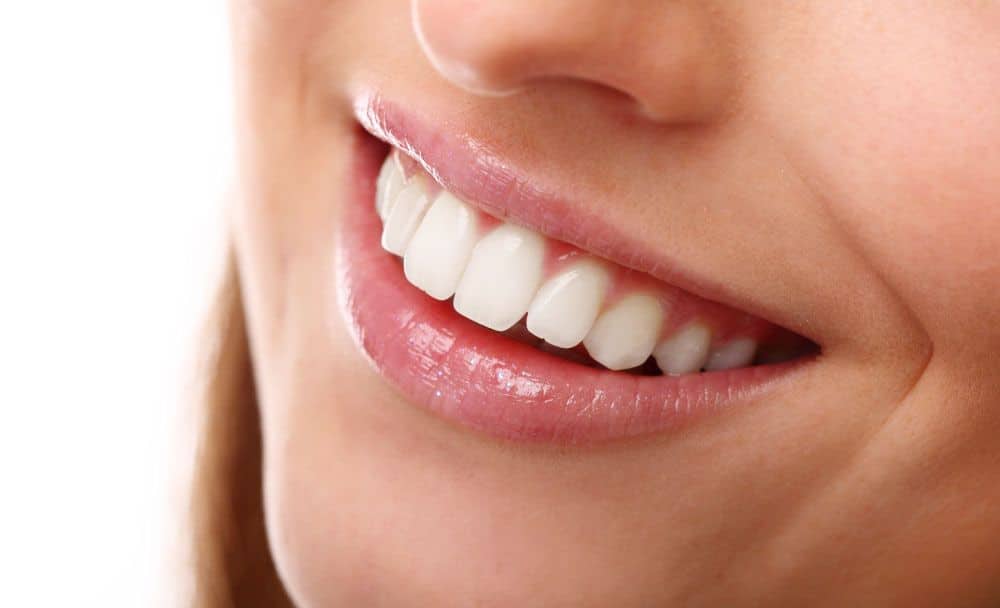In the vast realm of medicinal plants, Babool plant hidden gems have been cherished for centuries for their therapeutic properties. One such remarkable plant is Babool plant, scientifically known as Acacia nilotica. With a rich historical background rooted in traditional medicine, Babool plant has caught the attention of modern researchers and health enthusiasts alike.
This article delves into the captivating world of Babool, exploring its numerous benefits, uses, recommended dosage, potential side effects, and much more. Let’s unearth the secrets of Babool and discover how it might contribute to your overall well-being.
What is Babool?
Babool is a remarkable plant also known as the Indian gum Arabic tree or the Egyptian thorn. It is a resilient and versatile tree native to the Indian subcontinent and certain parts of Africa. The Babool tree is characterized by its distinctive bark, leaves, and gum, all of which have potential health benefits.
Nutritional Value Of Babool
There are many nutritional benefits of babool, including tannin, alkaloids, a polyphenolic compound, terpenoids, glycosides, and saponins. [4]
Properties Of Babool [5]
The medicinal uses of babool are immense. Some of the properties of babool are as follows:
- Anti-inflammatory
- Analgesic
- Antibacterial
- Anti Cancerous
- Antidiabetic and antihypertensive
- Blood pressure lowering property
- Anti-thrombotic
What are the health benefits of Babool?
Babool, with its long-standing reputation in traditional medicine, offers the following health benefits:
1. Oral health
Babool has been traditionally used to promote oral hygiene and overall dental health. It possesses natural antimicrobial properties that help combat oral bacteria. [1]
2. Plaque removal
Babool leaf powder and coconut oil is a potent remedy for preventing the formation of oral plaque. [2]
3. Anti-inflammatory properties
Babool exhibits potent anti-inflammatory and analgesic properties that help overcome joint pain. [2]
4. Antioxidant activity
Babool is rich in antioxidants that help combat harmful free radicals in the body. These antioxidants may help in reducing oxidative stress and preventing cell damage. [3]
5. Antidiabetic effects
Babool extracts possess anti-diabetic properties that help in regulating blood sugar levels. It may offer potential benefits to individuals with diabetes or prediabetic conditions. [3]
6. Anti-diarrheal
Due to its astringent property and reduction of toxic residues left in the body from poor digestion, babool bark helps treat diarrhea and loose motion. It also strengthens the intestines, improves metabolism, and controls diarrhea. [6]
7. Leukorrhea
Leukorrhea refers to vaginal discharge. [7] Consumption of babool leaves prevents leukorrhea due to its astringent properties. Also, a decoction of babool bark is used in excessive vaginal bleeding, vaginal and rectal prolapse. [6]
8. Treats Cough And Cold
Babool bark relieves sore throats brought on by colds and coughs and is useful in treating cold symptoms. Additionally, it relieves cold and cough and helps to melt extra phlegm.[6]
9. Arthritis and Fractured bone
When taken orally, babool gum relieves arthritis pain. It can also aid in joining fractured ends of bones with its natural healing compounds.
10. Weight Management
Research suggests that Babool may help with weight management because it has shown a highly substantial drop in BMI (body mass index) in the prediabetic and diabetic groups. [8]
What are the uses of Babool?
With its diverse range of components, Babool has found numerous applications in traditional medicine and beyond. Let’s delve into the various uses of this remarkable plant:
1. Dental care
Babool has long been utilized for its oral health benefits. The twigs of Babool are commonly used as natural toothbrushes due to their antimicrobial properties. [1]
2. Gum health
The gum extract from Babool, commonly known as Babool gum Arabic, has been used in traditional remedies to support gum health. [1]
3. Antifungal uses
Babool exhibits antifungal activity against fungal strains. This makes it a potential natural remedy for fungal infections, including those affecting the skin, nails, and oral cavity. [3]
4. Antidiabetic uses
Babool extracts have potential antidiabetic properties, making them a promising candidate for supporting diabetes management. [3]
5. Anticancer uses
Babool extracts exhibit antioxidant and anti-inflammatory activities that may help combat cancer cell growth and proliferation. [3]
How To Use Babool
Both powdered and decoction forms of babool can be used. Tender leaves, babool leaf juice, and little bark are all useful. For leucorrhoea, flowers, leaves, bark, pod, and wood powder can be used. For coughs, chewing babool bark and making a bark decoction may be helpful. [6]
What is the recommended dosage of Babool?
The suitable dosage of Babool may vary depending on formulations and individual needs:
-
For Babool Powder: Take 1-2 teaspoons or adjust as needed.
- For Babool Gum: Take ½ – 1 teaspoon or adjust as needed.
What are the side effects of Babool?
While Babool is generally considered safe when used appropriately, you should be aware of potential side effects and precautions.
- Allergy
If you are allergic to plants in the Fabaceae family, such as peas, beans, or peanuts, exercise caution when using Babool. Discontinue use if adverse reactions occur, such as skin rashes or itching.
- Dental health
While Babool can be beneficial for oral health, excessive or aggressive use of Babool twigs as toothbrushes may lead to tooth enamel erosion or gum irritation. Using Babool twigs gently and in moderation is important to avoid any negative effects on dental health.
- Interactions with medications
If you are on medications, consult your healthcare provider before using Babool to avoid potential interactions or adverse effects.
As with any herbal remedy, consult a healthcare professional before incorporating Babool into your routine. It becomes especially important if you have underlying health conditions, are taking medications, or are unsure about the suitability for your specific circumstances.
FAQs about Babool
Is babool good for teeth?
One potential treatment for oral ulcers is Babool’s delicate leaves. In addition to helping to tighten teeth, it might help clean the mouth, reduce pain, and stop gum bleeding. [8]
Can babool be taken during pregnancy?
It is advisable to consult your healthcare provider before consuming babool during pregnancy.
Is babool good for mouth ulcers?
Research indicates that consuming babool leaves can effectively treat mouth ulcers and offer relief from associated discomfort. [8]
What are the other benefits of the Babool tree?
In addition to its numerous health benefits, the Babool plant also contributes to skin and bone health, and it shows potential in treating various types of cancers.
What are the chemical constituents of Babool?
The gum includes calcium, magnesium, and potassium salts of high molecular weight polysaccharides. The pods of the Babool plant consist of carbohydrates, glycosides, tannins, phytosterols, proteins, saponins, starch, and flavonoids. The flowers contain a variety of bioactive substances such as flavonoids and gallic acid. [9]
Conclusion
Gokhshura, Tribulus Terrestris in Hindi, is a herbaceous plant with a long history in traditional medicine that holds potential health benefits primarily related to sexual health, exercise performance, cardiovascular well-being, and hormonal balance. By understanding its uses, potential benefits, dosage, and possible side effects, individuals can make informed decisions regarding the incorporation of Tribulus Terrestris into their health and wellness routine.
Disclaimer: This article is written from a health and wellness perspective only and is not a piece of medical advice. Kindly seek the help of a certified medical practitioner before initiating any treatment.
References:
- Phytopharmacological overview of Tribulus terrestris
- Tribulus terrestris Linn.: A review article
- The Effects of 6 Weeks of Tribulus terrestris L. Supplementation on Body Composition, Hormonal Response, Perceived Exertion, and CrossFit® Performance: A Randomized, Single-Blind, Placebo-Controlled Study





















